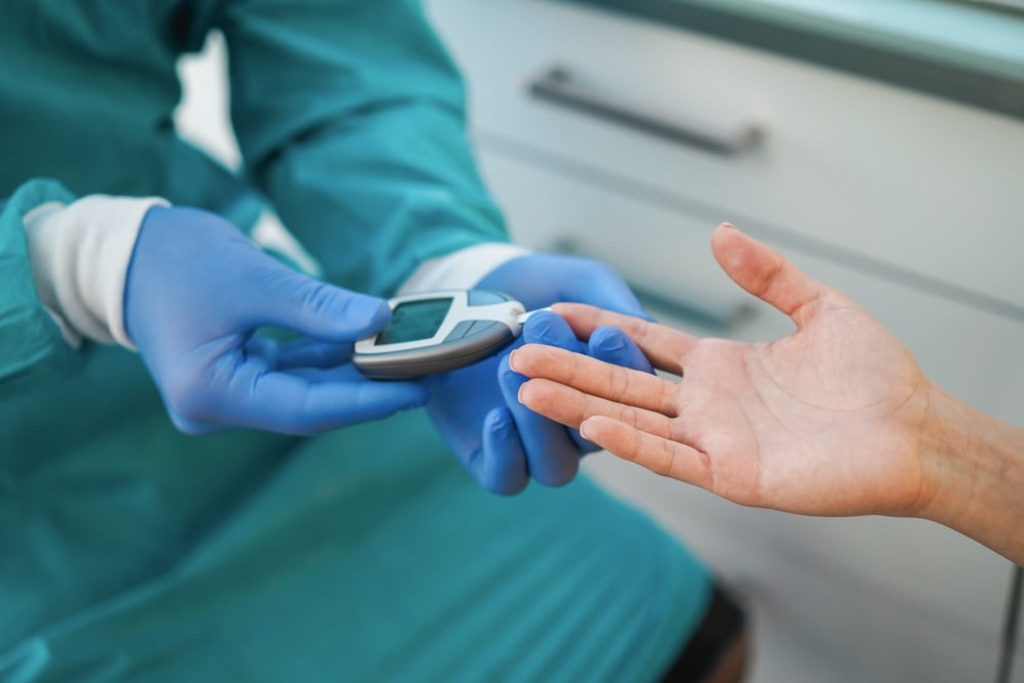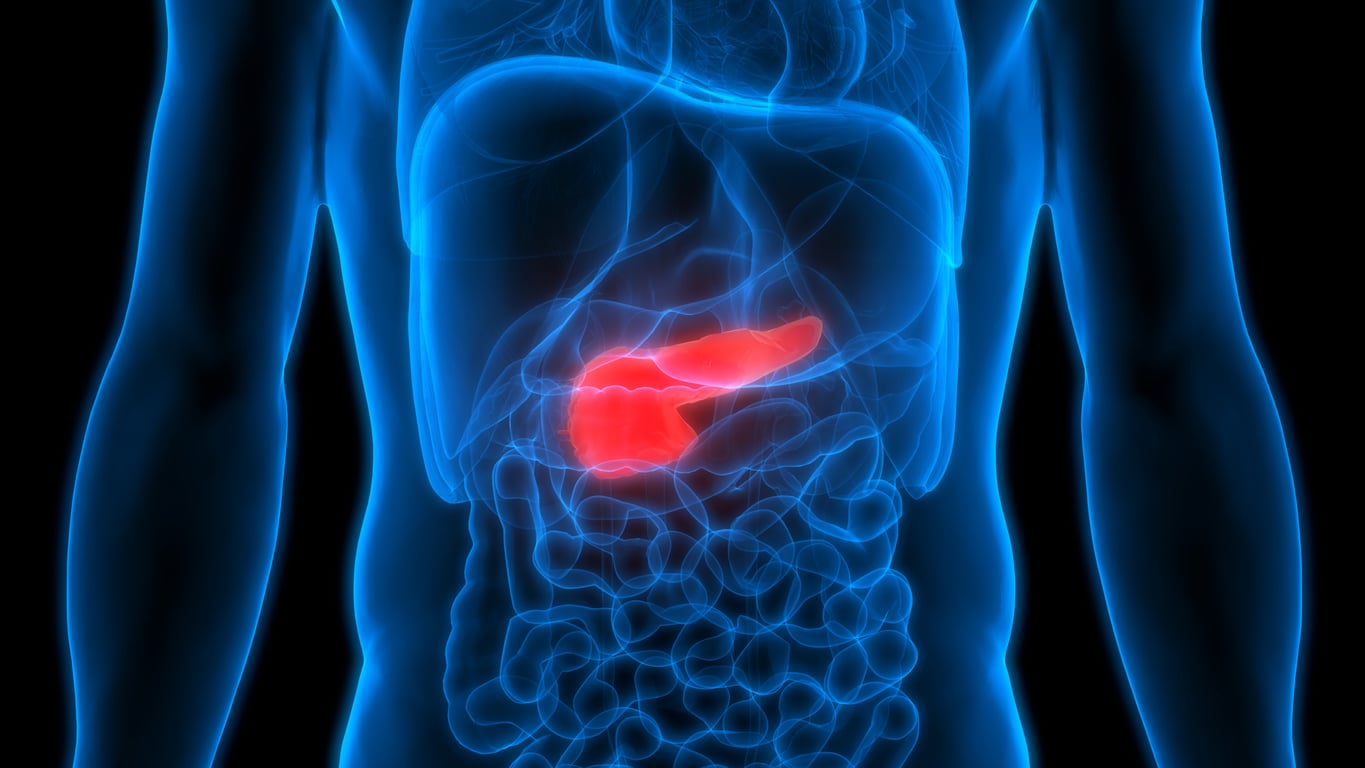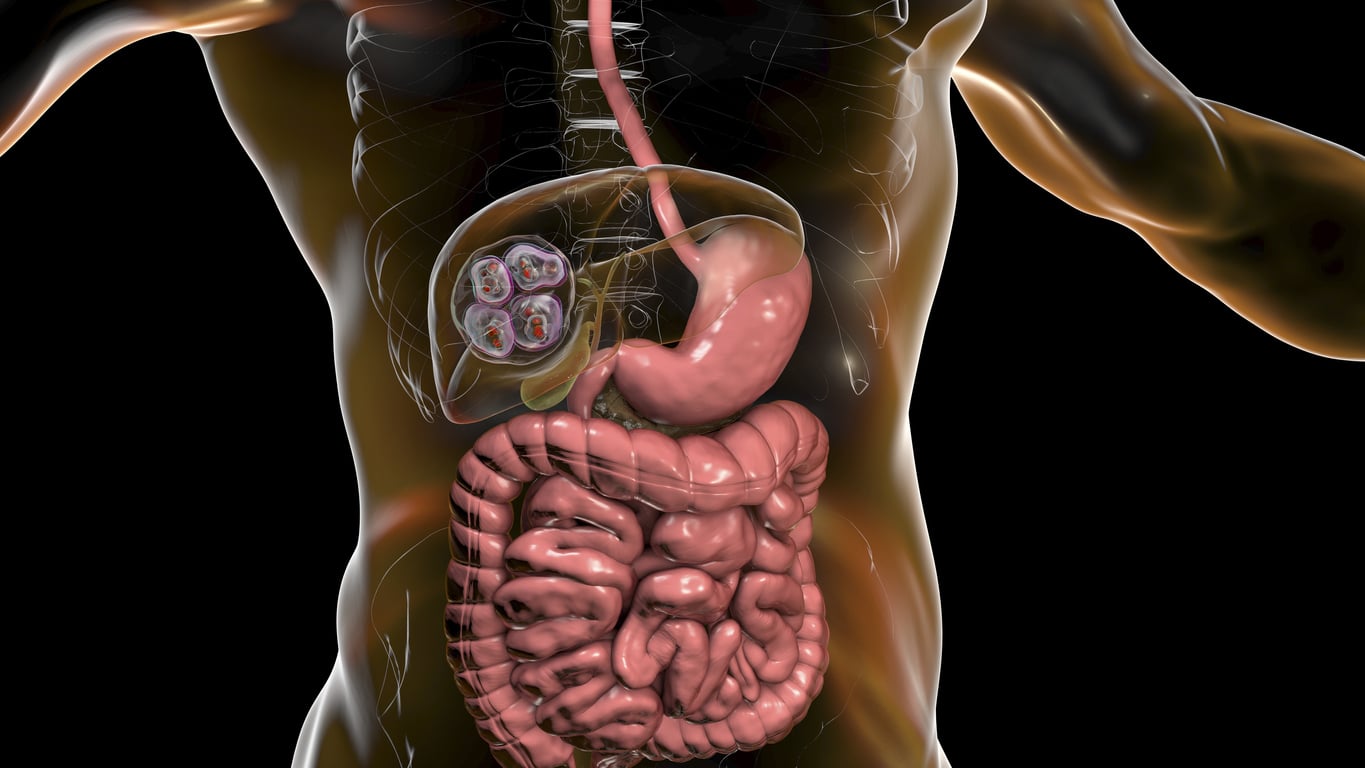Hyperglycemia: Signs, Causes, and Treatment

Hyperglycemia is a condition that occurs when blood sugar levels are too high. It is a common problem for people who have diabetes, but it can also occur in people who don't have diabetes. Hyperglycemia can cause a variety of health problems, so it's important to know the signs and symptoms and to seek treatment if you think you might have hyperglycemia. In this blog post, we will discuss the signs, causes and treatment of hyperglycemia.
What Is Hyperglycemia?
Hyperglycemia is a condition characterized by high levels of sugar in the blood. The condition can be caused by a number of factors, including diet, illness, and certain medications. Hyperglycemia can lead to a number of serious health problems, including diabetes, heart disease, and stroke. While the condition can be treated with medication, the best way to prevent hyperglycemia is to maintain a healthy lifestyle and diet.
The Signs of Hyperglycemia
The signs of hyperglycemia can be hard to spot if you don’t know what to look for. However, it’s important to be aware of the symptoms so you can seek treatment as soon as possible. The three main signs of hyperglycemia are increased thirst, increased urination, and fatigue. If you notice any of these symptoms, it’s important to monitor your blood sugar levels closely and seek medical advice if necessary. Left untreated, hyperglycemia can lead to serious health complications such as diabetic ketoacidosis (DKA) and coma. With proper treatment, however, it’s possible to effectively manage hyperglycemia and avoid these complications.
What Causes Hyperglycemia?
Hyperglycemia is a medical condition that refers to high levels of sugar in the blood. It can be caused by a number of different factors, including diet, illness, and certain medications. In most cases, hyperglycemia is temporary and can be treated with dietary changes and exercise.
Diet is one of the most common causes of hyperglycemia. Eating too many carbohydrates can cause blood sugar levels to spike. This is often seen in people who have diabetes and must carefully monitor their carbohydrate intake. Illness can also cause hyperglycemia. Infections and other illnesses can cause the body to release hormones that raise blood sugar levels. Certain medications can also cause hyperglycemia by interfering with the body's ability to metabolize glucose. In some cases, hyperglycemia may be caused by an underlying medical condition such as pancreatitis or Cushing's disease.
What Treatments Are Available for Hyperglycemia?
One option is medication, which can help to lower blood sugar levels. Another option is lifestyle changes, such as diet and exercise, which can help to improve insulin sensitivity. Finally, some people may require surgery to correct the underlying cause of their hyperglycemia. Regardless of the approach, it is important to work with a medical professional to develop a treatment plan that is safe and effective for you.
Foods That Help Lower Blood Sugar Levels
There are a number of foods that can help to lower blood sugar levels. These include:
- Leafy green vegetables: Spinach, kale, and collard greens are all good choices.
- Fruits: Citrus fruits, berries, and apples are all good options.
- Nuts and seeds: Almonds, walnuts, and flaxseeds are all good choices.
- Beans and legumes: Lentils, black beans, and chickpeas are all good choices.
- Whole grains: oats, quinoa, and brown rice are all good choices.
If you have hyperglycemia, it’s important to work with a medical professional to develop a treatment plan that is safe and effective for you. There are a number of options available, including medication, lifestyle changes, and surgery. With proper treatment, it’s possible to effectively manage hyperglycemia and avoid serious health complications.



